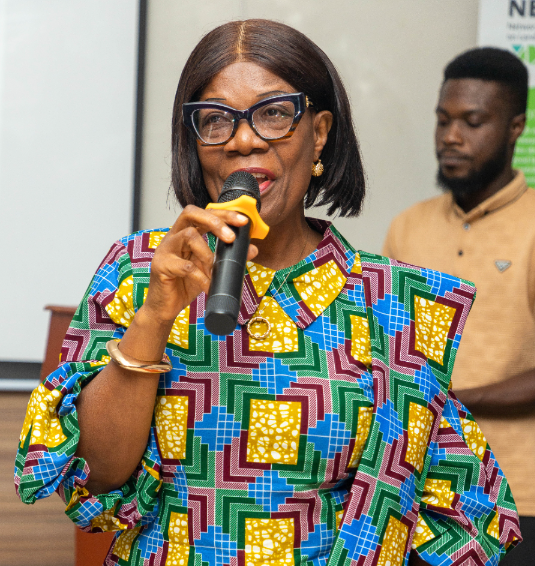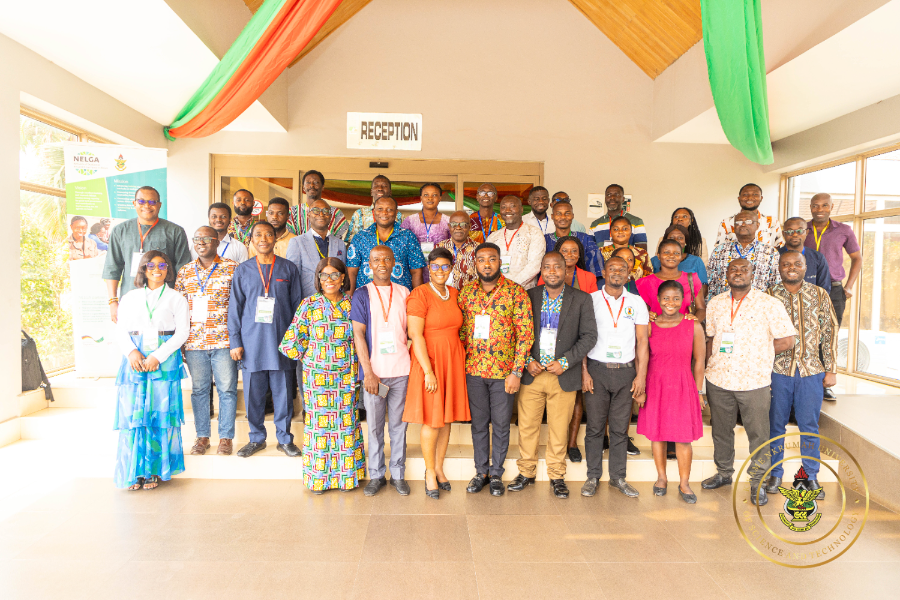A new research report by The Network of Excellence on Land Governance in Africa (NELGA), hosted by the Department of Land Economy at the Kwame Nkrumah University of Science and Technology (KNUST), Kumasi has shed light on the complex factors driving the persistent flooding crisis in Kumasi.
It highlighted the urgent need for a multi-pronged approach involving all stakeholders.
The study, conducted by NELGA investigated the reasons behind the alarming rate of development on flood-prone lands within the city.
The report which was unveiled at an event, held at the Noda Hotel in Kumasi found that affordability is the primary driver for individuals, particularly migrants from other regions, to acquire land in flood-prone areas.
It gain found many, especially those from low-income backgrounds, are unaware of the inherent risks or believe they can mitigate the challenges.
Despite the evident dangers, the study revealed a significant lack of trust in government agencies and a perceived lack of support from authorities in addressing the issue.
Again, residents expressed dissatisfaction with the level of assistance received during flood events and felt largely ignored by the relevant institutions.
The NELGA flood land research, funded by GIZ, aims to understand the dynamics of land acquisition in flood-prone areas. It includes the motivations behind such decisions and the demographics of individuals settling in high-risk zones. It focuses on fostering strategies that empower communities to lead meaningful lives while making positive contributions to society. The report launch brought together NADMO officers, academics, and planners.
A member of the research team, Prof. Rudith King emphasized the project’s critical role in bridging the gap between decision-makers and beneficiary communities.

Prof. Owusu Amponsah at the Department of Land Economy stressed the need for stronger collaboration among stakeholders, city planners, engineers, and disaster management authorities.

“Managing flooding cannot be achieved in isolation. A multi-stakeholder approach is critical for enforcing regulations, improving infrastructure, and educating communities about flood risks,” Professor Amponsah stated.
Ms. Belinda Oduro Yeboah, Planning Officer at Kumasi Metropolitan Assembly (KMA), highlighted ongoing efforts and the critical need for sustained action to address this recurring threat.
“The KMA has implemented several initiatives to mitigate flood risks, including constructing effective drainage systems and enforcing land use planning to prevent development in flood-prone areas,” she explained.
She cited the desilting of drains in communities like Asafo and Krofrom, the creation of disaster volunteer groups, and public education campaigns as part of the assembly’s strategies.
Despite these efforts, Ms Yeboah acknowledged the challenges, including insufficient resources, inadequate relief supplies, and limited community engagement in disaster preparedness.
“We need stronger partnerships, better infrastructure, and increased funding to protect residents from the devastating impacts of flooding,” she stressed.
She also pointed to the need for behaviour change in waste management, which remains a significant contributor to blocked drainage systems.
Other members of the research team are Professors John Tiah Bugri, Divine Kwaku Ahadzie, alongside Dr. Patrick Opoku, Dr Eric Simpeh, and Prof. Henry Mensah

















